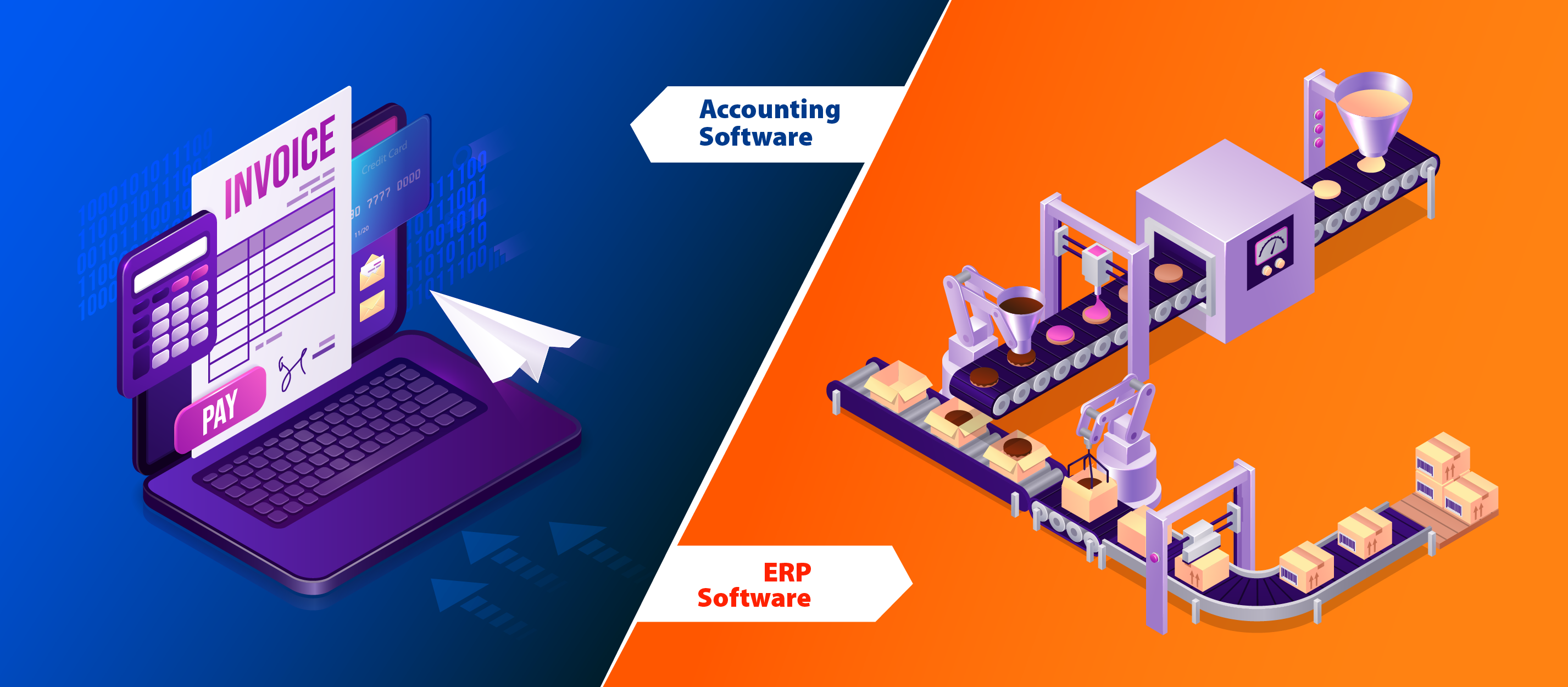
The food & beverages industry, which constitutes of a number of sub-verticals such as dairy, meat & poultry, beer, edible oil, sweets & confectionery products, packaged food, fresh produce, organic food and other beverages etc., is one of the largest sectors in the process manufacturing market. A thriving industry, it faces certain challenges which act as impediments to its progress. The food & beverage manufacturers operate on thin margins, and have to deal with shifting consumer demands, need for constant innovation & sustainable manufacturing, seasonal demands, fierce competition, and stringent regulatory & food safety requirements etc.
In the wake of such challenges, it is getting increasingly important for the bulk as well as small-scale manufacturers to develop cost-effective products of highest quality, scale the efficiency to maximize productivity, improve profit margins and meet the consumer expectations while ensuring compliance with the stringent food safety regulations. In order to achieve all this, they are turning to process manufacturing ERP software, and rightly so. Apart from supporting their routine manufacturing operations, a process ERP provides critical aid, such as support to co-product and by-product management, batch scalability, reverse bill of materials (BOM), flexible and dynamic packaging options, among others.
Let’s take a detailed look at the specific functionalities of a process ERP that can help the food & beverages manufacturers meet the complex challenges they face:
1) Inventory management: Limited shelf life of ingredients and finished products is one of the biggest drawbacks of this industry. It is precisely this drawback that makes inventory optimization so important and inventory management a ‘must-have’ feature in a process ERP. This feature allows the manufacturers to have a real-time view of the inventory levels, anticipate demand, avoid wastage of stock, reduce surplus, thus increasing sales and helping the organization achieve the ultimate objective of increasing profitability.
2) Recipe control: Managing the intricacies of recipes is no child’s play. The complex technical information such as quantity and costing comes in different formats and unit of measurement. For example, you may buy raw materials in tons, convert them into KGs and sell the finished product in pounds. Moreover, you have hundreds of multi-level recipes with thousands of pre-mixes and raw materials that need to be handled with a number of instructions, precautions and measures. Managing all this is definitely not an easy job, and virtually impossible to be done manually. Even the traditional or legacy software can’t support these needs of modern businesses. Only a tool as competent as a process ERP can handle these conversions easily. It allows superior command over formulation for overall product and process consistency.
3) Safety needs & regulatory compliance: The safety and quality of food products remain a primary requisite for the consumers and thus a primary concern for the manufacturers. Having said earlier, the manufacturers work on wafer-thin margins under tremendous pressure to innovate and indulge in sustainable manufacturing. On top of it, the government regulations break their back. Hence, they need a strong process ERP which can help them manage the quality and safety of their products and meet the stringent regulatory requirements.
4) Lot traceability: A process ERP software comes with lot traceability functionality, whose specific capabilities help the manufacturers manage complete tracking and tracing of all ingredients used in the processing of the final product. The tracking and tracing functionality allows the manufacturers to track all ingredients back through the supply chain, referencing the supplier’s raw goods down to the source item name and lot. Besides, a process ERP also helps in tracking allergenic ingredients which a product contains. The other benefits of this functionality include minimizing recall size, data integrity, sustained consumer faith in the products, quick response time, etc.
5) Shelf-life/expiry date determination: This functionality has to be an indispensable part of this industry. The food & beverage products have a limited shelf life and thus it becomes essential for the food & beverage manufacturers to know how fast a product or its ingredients need to be consumed before it expires. Most process ERP software come with a built-in mechanism that alerts the manufacturers when ingredients are nearing or past their expiration dates.
6) MRP & MPS: The Material Requirement Planning (MRP) & Master Production Scheduling (MPS) are two important features of a process ERP which help predominantly in streamlining and optimizing the production process. While MPS draws a production plan considering the various sources of demand and supply, MRP on other hand depicts what raw materials are required and when they are required to meet the laid out plan. It helps manufacturers visualize and prioritize the requirement, meet consumer demands in a timely manner, protect the lead time and stabilize the production function on the whole.
Conclusion: The features discussed above continue to be pivotal for the food and beverages industry and help them address the various business impacting challenges. Having a process ERP with all the above features can help the manufacturers meet the requirements of both industry regulators and consumers, and stay competitive at the same time.
One such potent process ERP is BatchMaster ERP for Food & Beverages. You can also write to us at sales@batchmaster.com to know more about our other products.



















